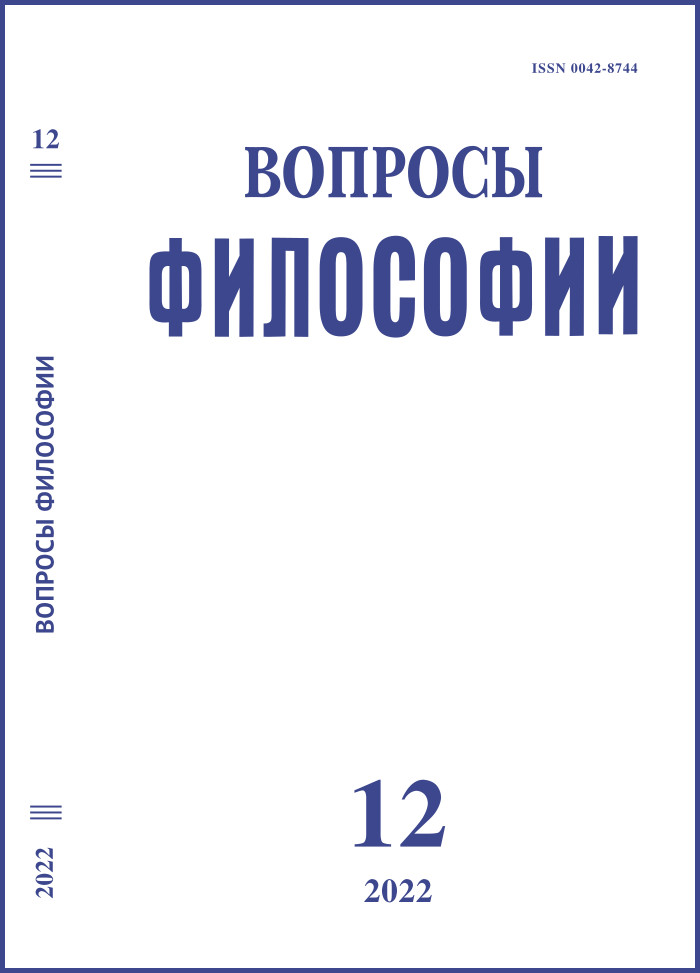The Theoretical Complexes in the Cognitive Sciences
DOI:
https://doi.org/10.21146/0042-8744-2022-12-40-51Keywords:
cognitive sciences, philosophy of science, theoretical complexes, normativity, theoretical pluralism, the principle of proliferation.Abstract
In this work, the author further develops the idea of theoretical complexes, which has been earlier proposed for the sake of description of large theoretical movements in the cognitive sciences, such as classical computational cognitivism, connectionism or moderate embodied cognition. It is asserted that the latter should be understood as structurally homogeneous or heterogeneous theoretical complexes, which function primarily for further proliferation of scientific theories and models. It is argued that the idea of theoretical complexes is more adequate for the task of description of large groups of theories in the cognitive sciences when compared with alternative theories of T. Kuhn, I. Lakatos, L. Laudan, and B. von Eckardt. In the second part of the work, in the context of the defense of theoretical pluralism in the philosophy of science we attempt to draw the main methodological normative conclusions of the idea of theoretical complexes in the cognitive sciences. The key role here is given to the principle of proliferation, which calls for the creation of scientific theories and models which are both compatible and incompatible with respect to a number of basic ontological and methodological assumptions. In conclusion, we briefly discuss the character and limitations of the proposed principle of proliferation.
Downloads
Published
Versions
- 2025-02-07 (2)
- 2022-12-31 (1)

